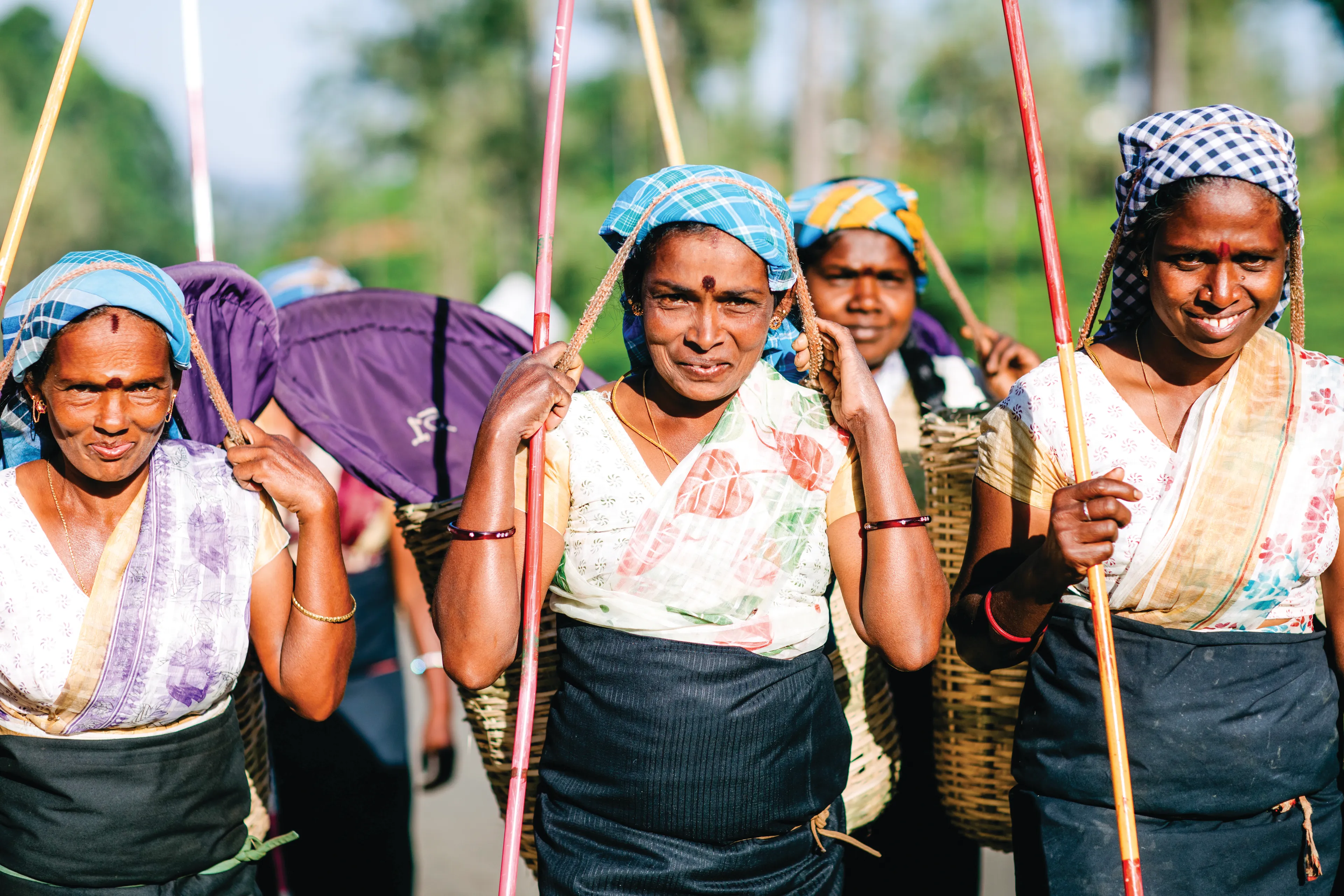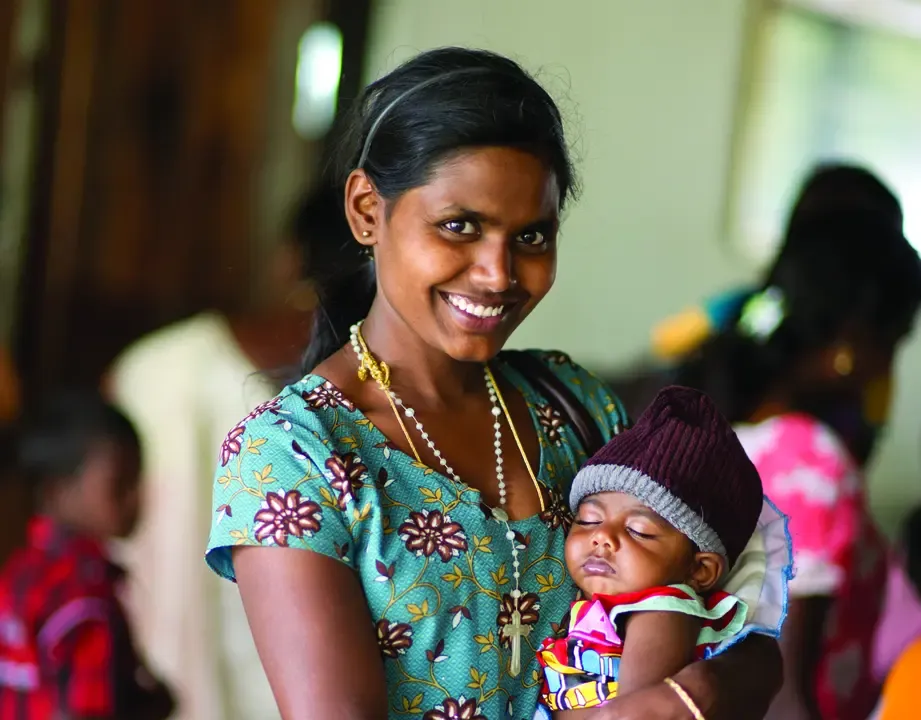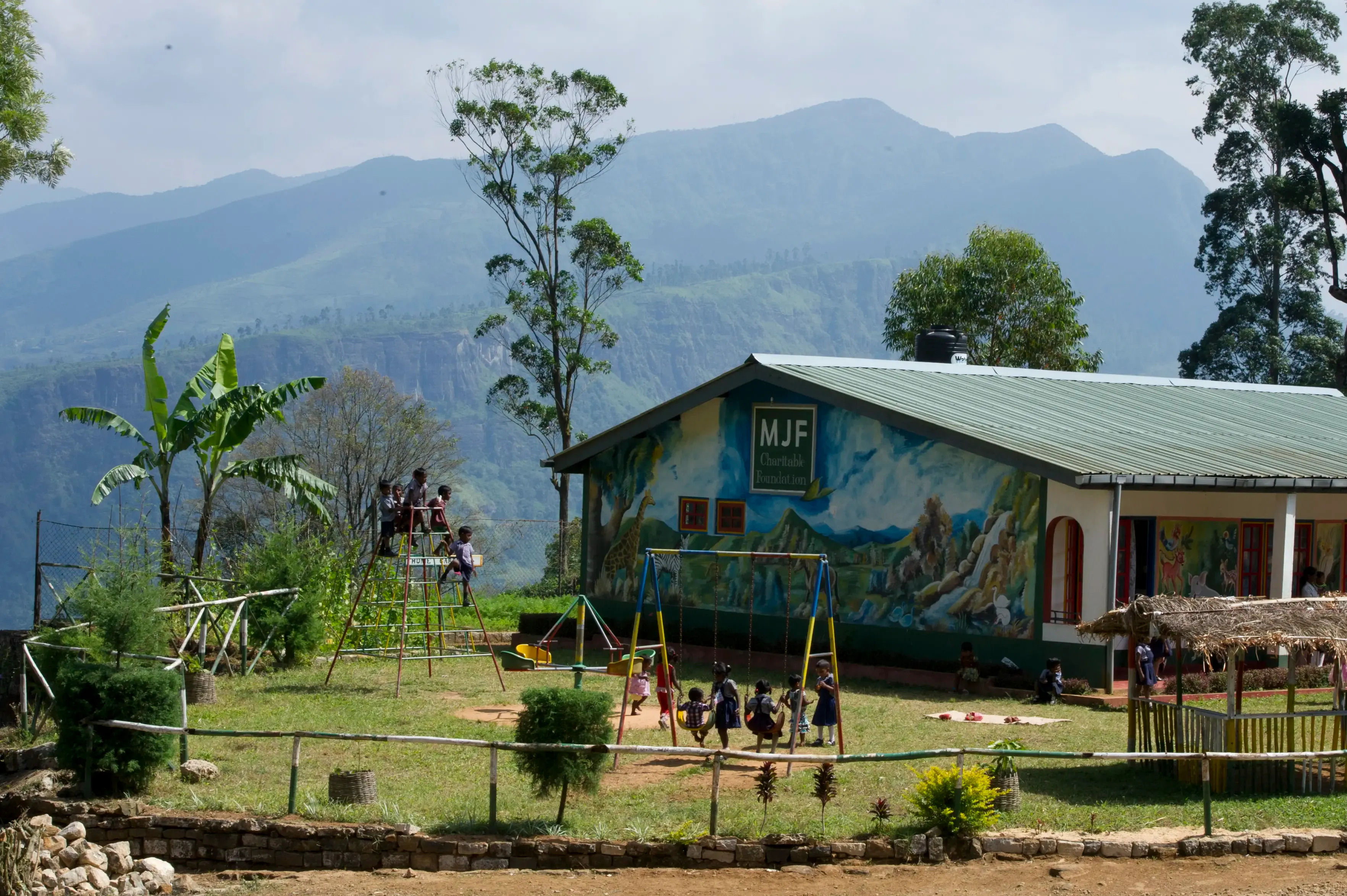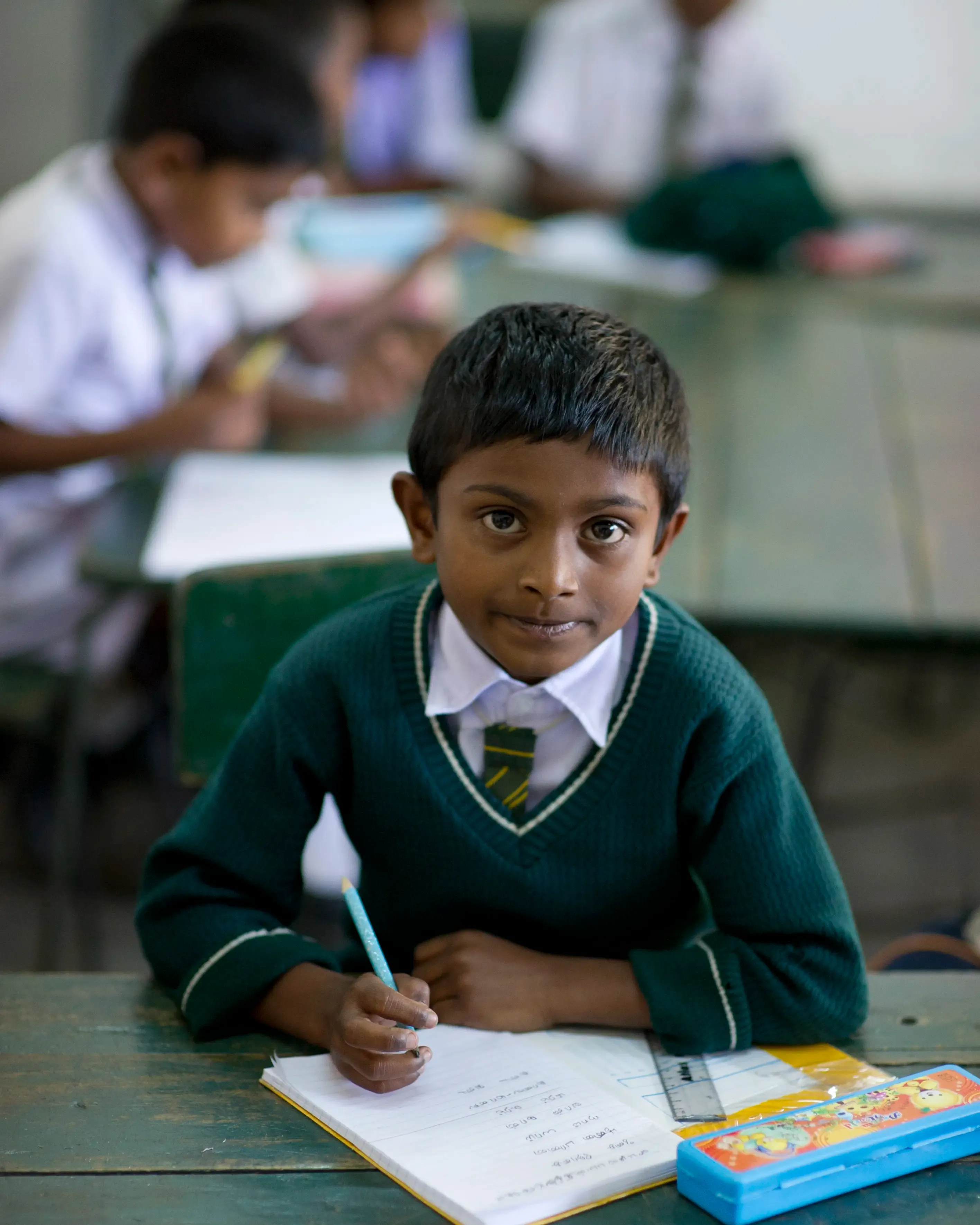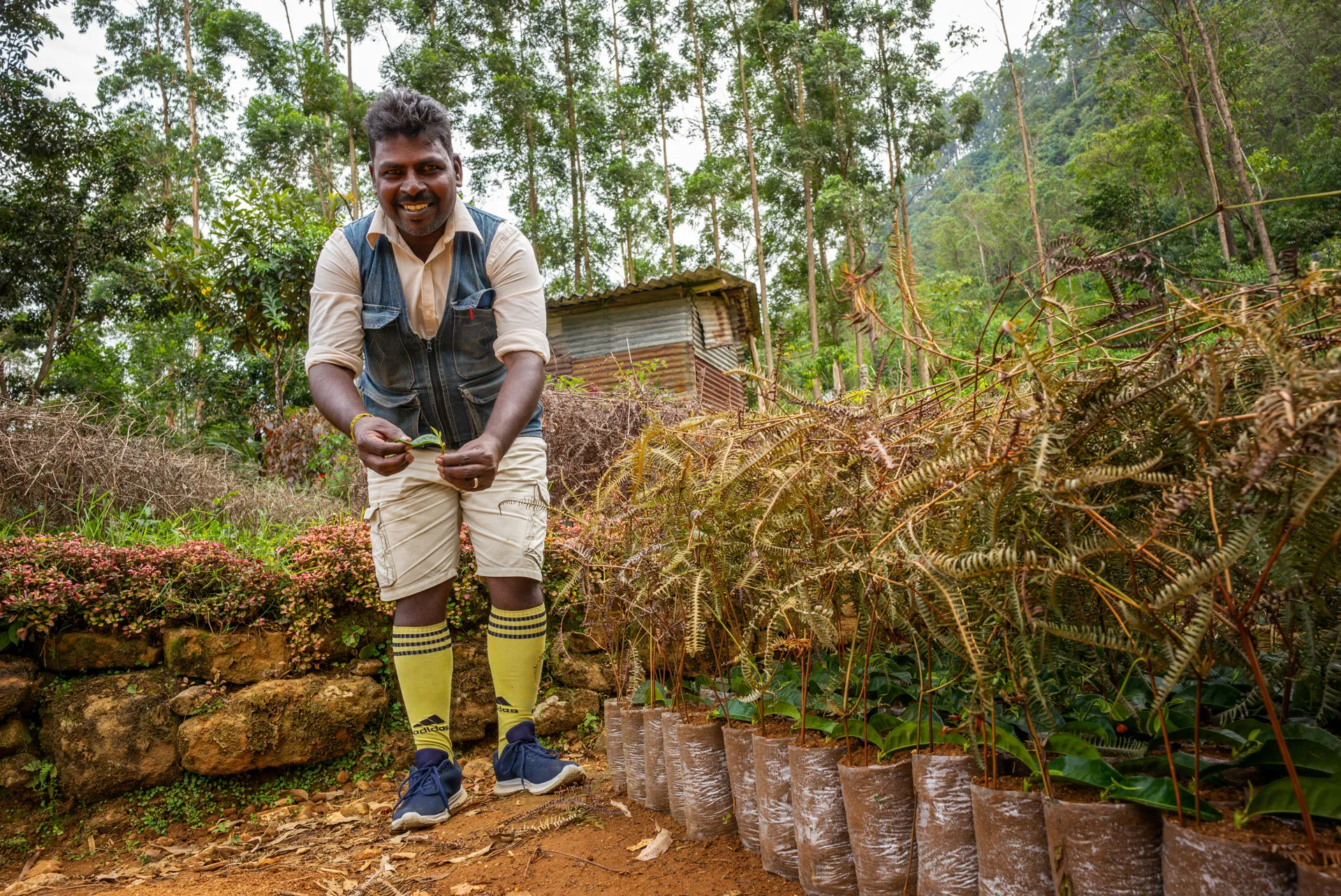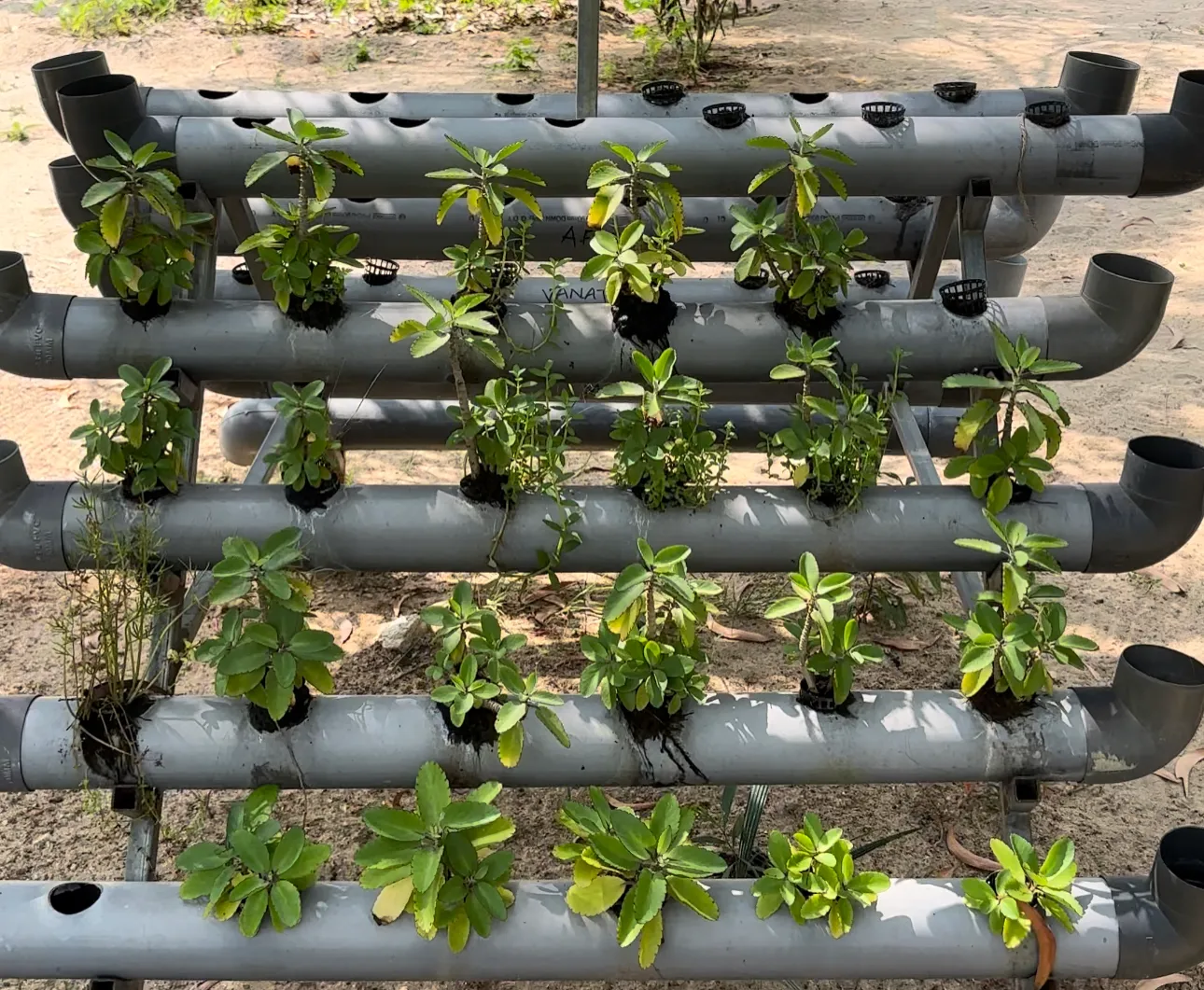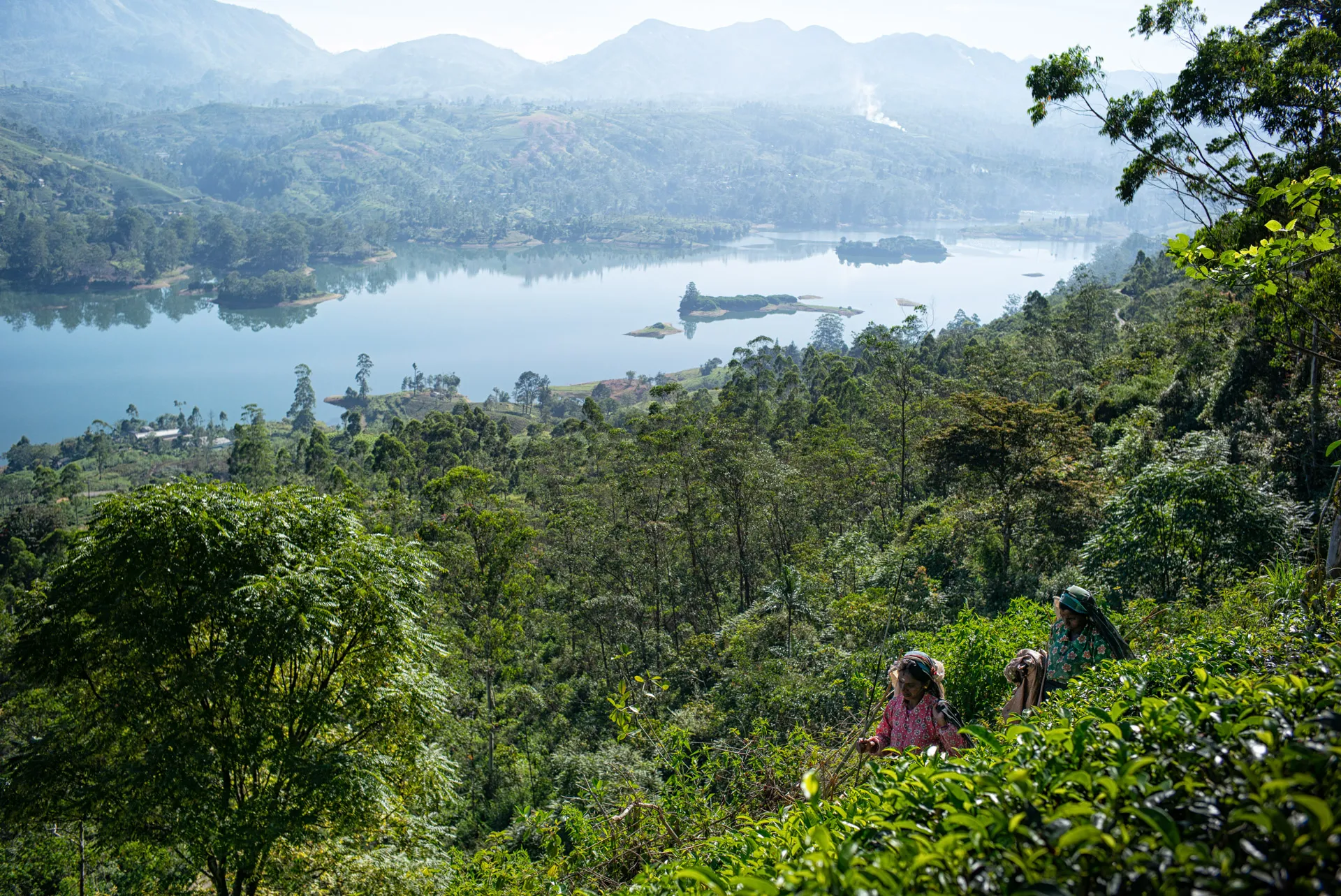Much, much more than Fairtrade
More and more, consumers seek products that have been produced under fair conditions. Fairtrade has gained recognition in this regard, but it's worth exploring why Dilmah tea goes beyond the standards of Fairtrade, setting a higher bar for fairness.
Chapters
What is Fairtrade?
Fairtrade is a system with the goal of promoting social and environmental sustainability, while improving working and living conditions of producers in developing countries. It strives to provide producers with stronger negotiating positions in international trade, and to protect them from the disadvantageous effects of unfair trade practices.
The Fairtrade is based on standards and principles designed to ensure fair and sustainable trade, such as fair pricing, long-term trading relationships, environmental accountability, transparency, and the prohibition of child labor.
The Fairtrade System and its impact
Fairtrade works by facilitating better trading conditions for producers in developing countries, enabling them to earn decent incomes, and to work under favorable conditions. This system involves various stakeholders, including producer organizations, certification bodies, trading partners, and consumers. Here's a breakdown of the Fairtrade system:
- Producer Organizations: Typically cooperatives or associations, representing the interests of producers. They negotiate prices and contracts with Fairtrade traders on behalf of their members.
- Certification: To produce Fairtrade-certified products, producer organizations must meet specific standards related to fair working conditions, environmental protection, and social responsibility. Certification ensures compliance with these standards through independent third-party audits.
- Trading Partners: Fairtrade products are purchased from traders who agree to pay fair prices and establish long-term relationships. These trading partners must meet certain criteria and comply with Fairtrade standards.
- Sales and Marketing: Fairtrade products are sold by traders to retailers and consumers. The Fairtrade seal on the product signifies its certification, enabling consumers to make conscious purchasing decisions.
- Fair Price and Premiums: Fairtrade guarantees producer organizations a minimum price that covers production costs and provides an adequate income. If the market price exceeds the minimum, the higher price is paid. Additionally, producer organizations receive a Fairtrade premium for community welfare projects.
Dilmah's Approach - Setting the bar higher than Fairtrade
Dilmah's approach to fairness surpasses the requirements of Fairtrade International. While Fairtrade focuses on specific aspects of the supply chain, Dilmah embraces a comprehensive approach that impacts the entire chain and goes above and beyond certification standards.
- Economic Empowerment: Dilmah's origin-owned brand ensures that tea valorization, including packaging, branding, and designing, takes place in Sri Lanka. This approach creates local job opportunities, supports entrepreneurship, and contributes to the economic development of the country. By keeping the value addition within Sri Lanka, Dilmah helps uplift the local economy and ensures a fair share of the economic benefits remains within the community.
- Direct Relationships with Growers: As an origin-owned brand, Dilmah can establish direct relationships with tea growers in Sri Lanka. These relationships foster better communication, understanding, and collaboration. Dilmah's direct involvement allows for fairer pricing, support for sustainable farming practices, and capacity-building initiatives that directly benefit the growers.
- Community Development: Dilmah's operations in Sri Lanka extend beyond tea production. The company invests at least 15% of its profits (before taxes) through the MJF Charitable Foundation and Dilmah Conservation, addressing various social and environmental needs. This includes providing standard care facilities, child nutrition, education subsidies, and supporting healthcare, schools, and environmental protection programs. Dilmah's commitment to the well-being of local communities demonstrates dignified empowerment and creates a positive impact.
Dilmah's advantages over Fairtrade
While Fairtrade certification ensures a minimum set of standards, it may not necessarily reflect product quality. Some companies may exploit the certification as a marketing tool, offering average-quality products at higher prices. Dilmah, on the other hand, is committed to providing higher-quality tea while maintaining fair practices throughout the supply chain. By eliminating unnecessary intermediaries, Dilmah's origin-owned model ensures that the value of the product remains in Sri Lanka. This approach benefits tea growers, the tea industry, and the Sri Lankan economy. Additionally, consumers are rewarded with superior tea quality and the satisfaction of supporting a brand that actively promotes fairness.
Dilmah aims higher
Dilmah tea sets a higher standard for fairness and sustainability, going far beyond the requirements of Fairtrade. With its origin-owned approach, Dilmah empowers local communities, fosters direct relationships with growers, and contributes to the economic development of Sri Lanka. By choosing Dilmah, consumers can make a conscious choice to support fair trade and enjoy the finest quality tea with a positive impact on both people and the planet.
Explore the world of kindness
Have you ever wondered about the lifecycle of a tea plantation, particularly how new tea plants are cultivated and old ones are managed? I went to Dunkeld Tea Estate, where the art and science of tea begins in the nursery.
Discover how the MJF Centre for Dignified Empowerment and Sustainable Development helps Eastern Sri Lanka's recovery from natural disasters and addresses climate change through sustainable practices and community-focused initiatives.
You might have heard it already, but what is exactly World Earth Day? Let us talk you through what it stands for, what it means for us at Dilmah, and how it is not just a day but a part of our values.
